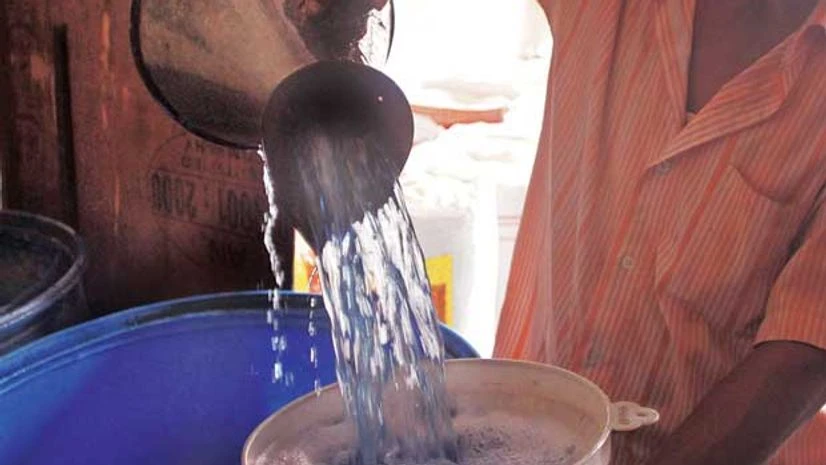Petroleum Minister Dharmendra Pradhan’s first mega meeting with state government representatives on the ambitious Direct Benefit Transfer in Kerosene (DBTK) scheme ended on Thursday with the Centre promising an initial advance transfer of subsidies to beneficiaries for smooth transition to the cash transfer mechanism.
The scheme, which is aimed at eliminating subsidised kerosene from the supply chain for better targeting of beneficiaries, eliminate pilferage and black-marketing and cut down adulteration of the fuel with diesel, has to be rolled out across 40 districts in nine states from 1 April. In January 2015, a similar scheme was launched for cooking gas.
The meeting was attended by representatives of 19 states and Union Territories and senior executives of oil marketing companies (OMCs).
More From This Section
During the meeting, Pradhan called for ensuring the process to be technology driven and proper identification of beneficiaries in line with the kerosene control order. He also asked other states to implement DBTK.
Under the scheme, consumer will pay the non-subsidised price of kerosene. Subsequently, the amount of subsidy will be directly transferred to the bank account of the beneficiary. In order to avoid inconvenience to beneficiaries during the initial purchase through payment of un-subsided price, an initial amount will be credited to all eligible beneficiaries.
Further, in a bid to incentivise states to implement DBTK, they will be given cash incentive of 75 per cent of subsidy saving in the first two years, 50 per cent in the third year and 25 per cent in the fourth. The scheme will be launched initially in Chhattisgarh, Haryana, Himachal Pradesh, Jharkhand, Madhya Pradesh, Maharashtra, Punjab, Rajasthan and Gujarat.

)
